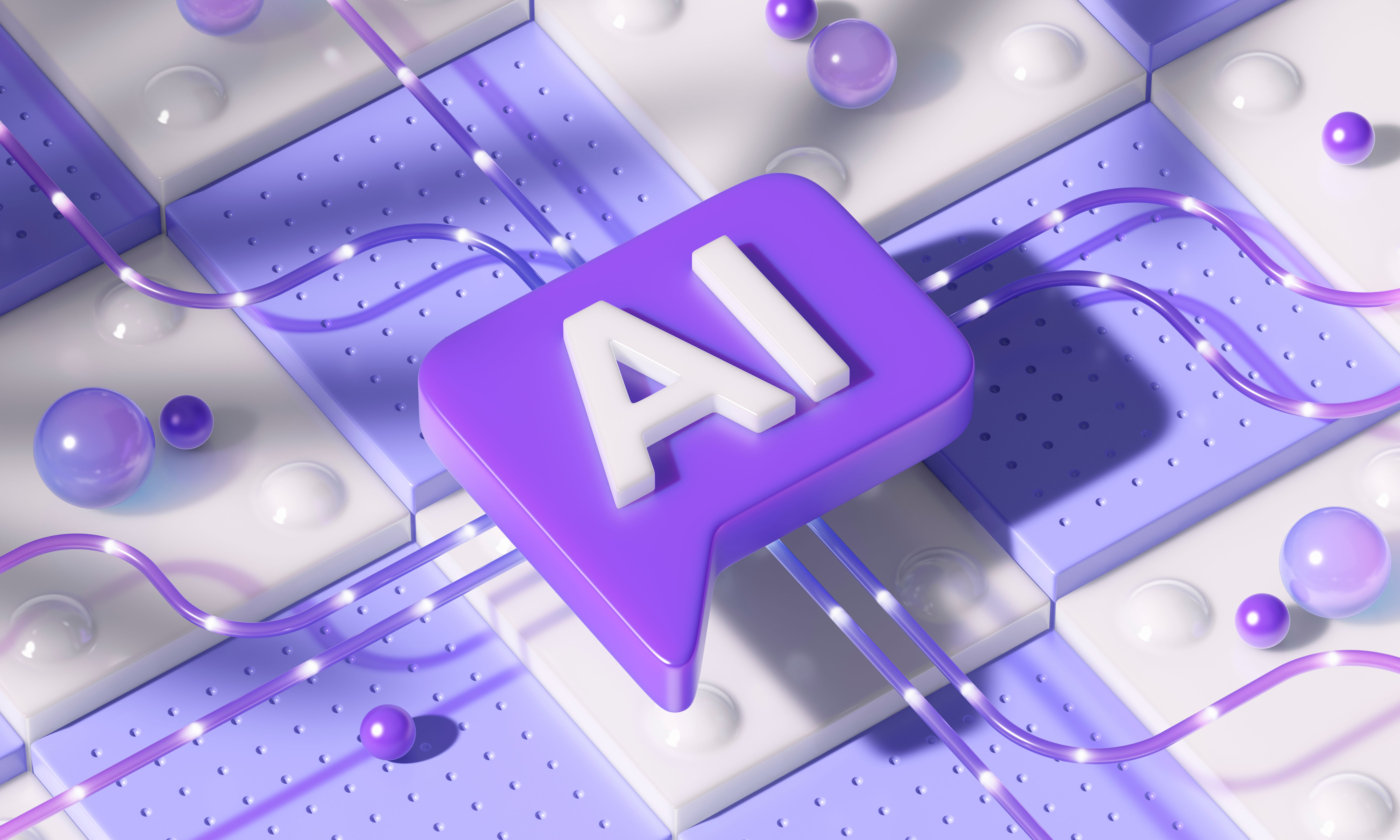AI's Impact on Entry-Level Jobs: A Closer Look at the Stanford Study
Understanding the Stanford Study
The recent study conducted by Stanford University has sparked considerable discussion regarding the impact of artificial intelligence (AI) on entry-level jobs. This study delves deeply into how AI technologies are reshaping the job market, particularly for those just stepping into their careers. By analyzing data across various industries, the study offers insights into potential shifts and challenges that entry-level workers might face.

AI and Automation in the Workplace
One of the key findings of the Stanford study is that AI is increasingly being integrated into tasks typically performed by entry-level employees. This automation could potentially replace some roles, leading to a decrease in demand for certain positions. For example, administrative tasks, data entry, and even some customer service roles are seeing a significant AI presence, reducing the need for human intervention.
However, it's not all about replacement. AI can also augment human capabilities, allowing workers to focus on more complex and creative tasks that machines cannot easily replicate. This shift could transform entry-level jobs from routine task execution to roles requiring critical thinking and problem-solving skills.
Industries Most Affected by AI
The Stanford study highlights several industries where AI's impact is most pronounced. The technology sector, unsurprisingly, leads the charge. In this field, AI is not just a tool but an integral part of the development process. However, sectors like retail, finance, and healthcare are also experiencing significant transformations due to AI integration.

In the retail industry, for example, AI is being used to optimize inventory management and personalize customer experiences. In finance, AI algorithms are employed for risk assessment and fraud detection. Meanwhile, healthcare is seeing AI applications in diagnostics and patient care management, changing the landscape for entry-level positions in these fields.
Skills for the Future Workforce
As AI continues to evolve, so too must the skill sets of those entering the workforce. The Stanford study emphasizes the importance of digital literacy and technical skills as foundational requirements for future job seekers. More than ever, entry-level workers will need to adapt to new technologies and demonstrate proficiency in using AI tools effectively.
- Technical proficiency in AI-related tools.
- Strong analytical and problem-solving skills.
- Adaptability to new technologies.

Opportunities Amidst Challenges
While AI presents challenges, it also opens up new opportunities. Emerging roles that center around AI management and oversight are becoming increasingly common. These positions often require a blend of technical knowledge and strategic insight, providing a pathway for career growth beyond traditional entry-level roles.
Moreover, industries are investing more in training programs to equip their workforce with necessary AI skills. Companies are recognizing the need to upskill employees to remain competitive, which can be beneficial for those entering the job market.
The Path Forward
The impact of AI on entry-level jobs is significant but not necessarily detrimental. As highlighted by the Stanford study, while some roles may diminish, new opportunities will arise. It is crucial for both educational institutions and employers to prepare future workers with the skills needed to thrive in an AI-augmented workplace.
Ultimately, embracing change and fostering a culture of continuous learning will be key to navigating this evolving landscape. By doing so, both individuals and organizations can harness the power of AI to unlock unprecedented potential in the workforce.
